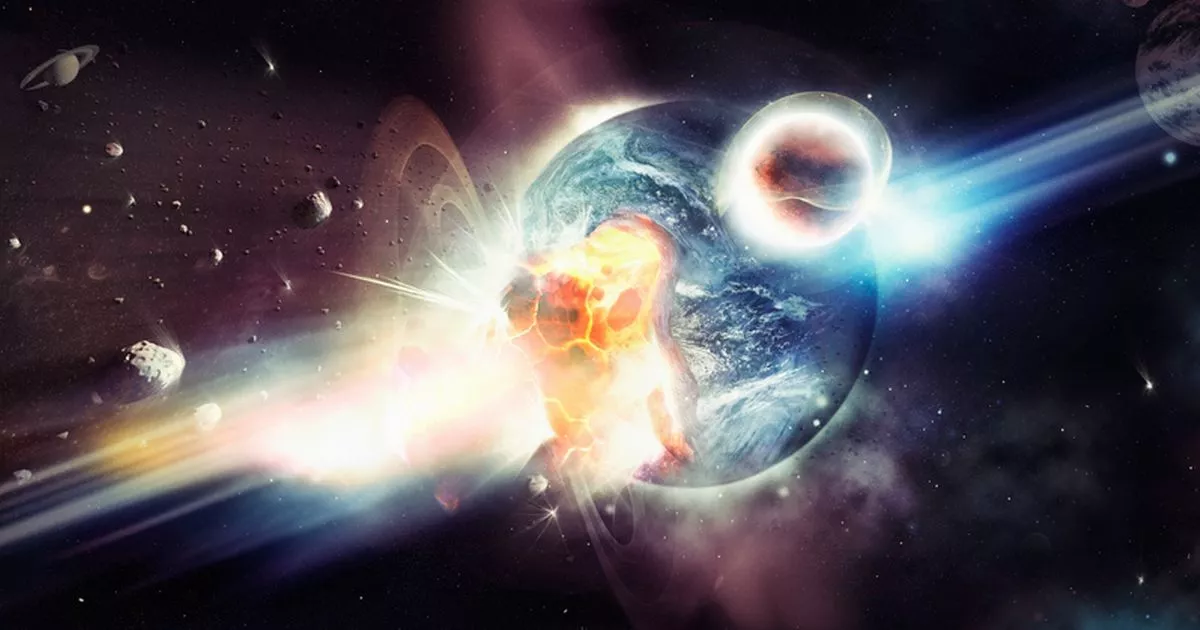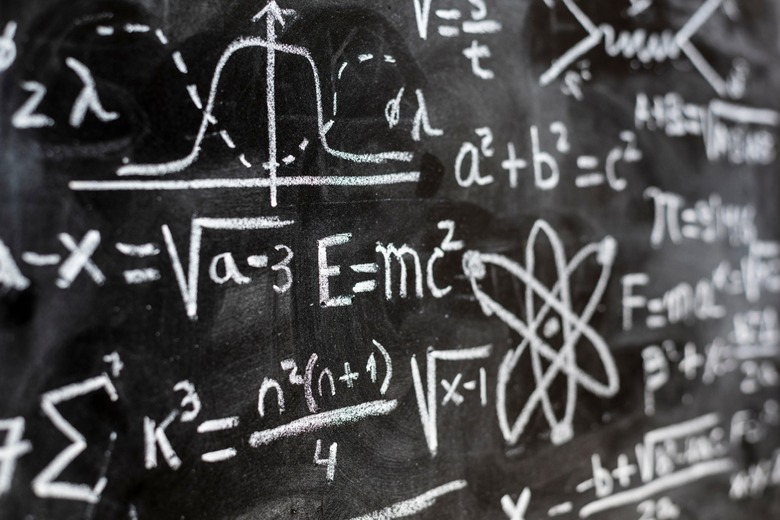army judge
Super Moderator

A scientist has warned that Earth's rotation is unexpectedly accelerating, leading to the shortest day in history in just a few weeks.
Graham Jones, an astrophysicist at the University of London, says Earth's rotation could speed up noticeably on one of three dates this summer, either July 9, July 22, or August 5.
On those days, time is predicted to drop by 1.30, 1.38, or 1.51 milliseconds, respectively.
Researchers say that although this change will be tiny, it can affect everything from satellite systems and GPS accuracy to how we measure time itself.
Leonid Zotov, a scientist at Moscow State University, said: 'Nobody expected this, the cause of this acceleration is not explained.'
Since 2020, scientists have noticed that Earth has been spinning slightly faster than usual, but the cause remains a mystery to this day..
Before that, the planet was slowing down over time, due to the moon's gravitational pull, which stretched days into the 24-hour cycle we now live by.
Earth normally takes 24 hours, or exactly 86,400 seconds, to complete one full rotation, which is called a solar day.
Earth's rotation is not always perfect, as it can shift by a tiny amount over time, a few milliseconds.
That is likely due to the Earth's spin being influenced by natural forces, like earthquakes and ocean currents.
Melting glaciers, movement in Earth's molten core, and large weather patterns like El Niño can also slightly speed up or slow down the planet's rotation.
These changes are measured using atomic clocks, which track time more accurately than regular watches. The recent spin-up has surprised researchers.
The fastest day recorded so far was on July 5, 2024, when Earth spun 1.66 milliseconds faster than the standard 24 hours.
Although the scientist does not know the exact reason for the acceleration, they are studying what's happening inside the Earth.
That includes shifting molten layers in the core, ocean currents, and high-altitude winds as they affect the Earth's spin.
Earth is not solid all the way through. Its core is made of hot, swirling liquid metal. As that molten metal moves, it can change the planet's shape and balance, similar to how a figure skater spins faster by pulling in their arms.
Ocean currents and jet streams, fast-moving ribbons of air in the atmosphere, also shift mass around the planet, causing small wobbles or changes in spin speed.
S
cientists are looking at all these pieces together, the moon's orbit, core activity, ocean flow, and wind patterns, to figure out what's going on.
Starting in 2020, Earth began breaking its records for the shortest day.
That year, July 19 came in 1.47 milliseconds short. On July 9, 2021, there was a 1.47 millisecond drop.
In 2022, Earth recorded its shortest day on June 30, shaving off 1.59 milliseconds from the usual 24 hours.
In 2023, the rotation slowed slightly, and no new records were set. But in 2024, the speed picked up again. Several days broke the previous records, making it the year with the most consistently short days ever measured.
These estimates are based on past observations and computer models, and include systematic corrections and smoothing to account for natural fluctuations.
Jones used information from the US Naval Observatory and international Earth rotation services.
Atomic clocks track the numbers, and the tools measure what's called 'Length of Day,' or LOD. That's the time it takes Earth to rotate once, down to the millisecond.
Even tiny changes in day length matter. GPS, phone networks, and financial systems rely on split-second accuracy. A shift of just a few milliseconds can cause tech glitches.
Right now, the world keeps time using Coordinated Universal Time, or UTC. Sometimes we add a leap second to stay in sync with Earth's slow shifts.
If the Earth keeps rotating faster, experts may have to remove a second, called a negative leap second. It's never happened before.
The long-term trend is more familiar. Billions of years ago, Earth spun so fast that a day lasted only a few hours. It happened due to the moon's gravitational pull.
Now, something inside Earth may be speeding it back up. But researchers say current models of the atmosphere and oceans don't explain what's happening.
'Sooner or later, Earth will decelerate,' Zotov said. But for now, the spin continues to speed up.

Scientist warns shortest day in history is coming in WEEKS
A scientist has warned that Earth's rotation is unexpectedly accelerating, leading to the shortest day in history. Graham Jones, an astrophysicist, predicted this could occur in this summer.



